Naomi Osaka shouldn't feel any pressure to return to competitive tennis, instead using the longevity of the Williams sisters to guide her decision-making, according to Australian legend Todd Woodbridge.
Osaka this morning made the bombshell announcement that she was withdrawing from Roland-Garros, revealing her ongoing struggles with depression.
The only place tennis fans can watch every Roland Garros match is on Stan Sport. Start a seven-day free trial of the Stan Sport add-on now!
It followed her statement last week that she was boycotting the mandatory media conferences in Paris, which turned the opening days of the tournament into a circus.
Osaka said she will take a break from tennis, without specifying how long that would be, with many wondering if she will play at Wimbledon in four weeks time.
"I don't see the point in her rushing to come back," Woodbridge told Wide World of Sports.
"One of the things we've learned in the last five or ten years, is that there is no age barrier. Look at Serena (Williams) and Venus (Williams) and Roger (Federer).
"I feel that throughout the Williams sisters careers they've managed themselves really well. They've never stepped away from the game, but they didn't feel the need and the urgency to achieve everything in the shortest time frame.
"They are the model to look at, because they've changed the way the women's tour looks. Naomi has a great blueprint right there, she can wait until she's really ready to come back, because that will extend her career and give her the chance to win many more majors.
"The best thing for her now, is to go away, take some time and space, get people around her who can get her back into a state of mind where she can appear in front of the media, deliver what she wants to, and then just play tennis again."
Woodbridge said Osaka would benefit from using her time away from the game to seek out a mentor, naming a legend of the sport as the ideal candidate.
"The person you'd probably look at would be Billie-Jean King, if Naomi could call Billie-Jean and just talk about stories, where the game was and how it's got to this point, then you get an appreciation of the history of the game," he explained.
"That builds the knowledge, and with knowledge comes maturity.
"When you know the history of your sport, you have a much greater appreciation for what's required.
"Someone like Roger knows the stories, he's spoken to the great players about the difficulties they faced."
Osaka said this morning that she had suffered long bouts of depression since winning the US Open in 2018, a match remembered more for Serena Williams' confrontation with umpire Carlos Ramos than Osaka's maiden grand slam title.
"I think it would be remiss of us not to realise that that match would have left some scar tissue on Naomi," Woodbridge said.
"And with that win came expectation, stress and anxiety, exactly what she doesn't like.
"That match was a young girl suddenly being thrust into the spotlight when she clearly wasn't ready for it."
Osaka has previously spoken of her battles with depression, most notably following her split from coach Sascha Bajin in 2019, shortly after adding the Australian Open to her US title.
In her statement prior to Roland-Garros, Osaka revealed she would be skipping the post-match media conferences to preserve her mental health.
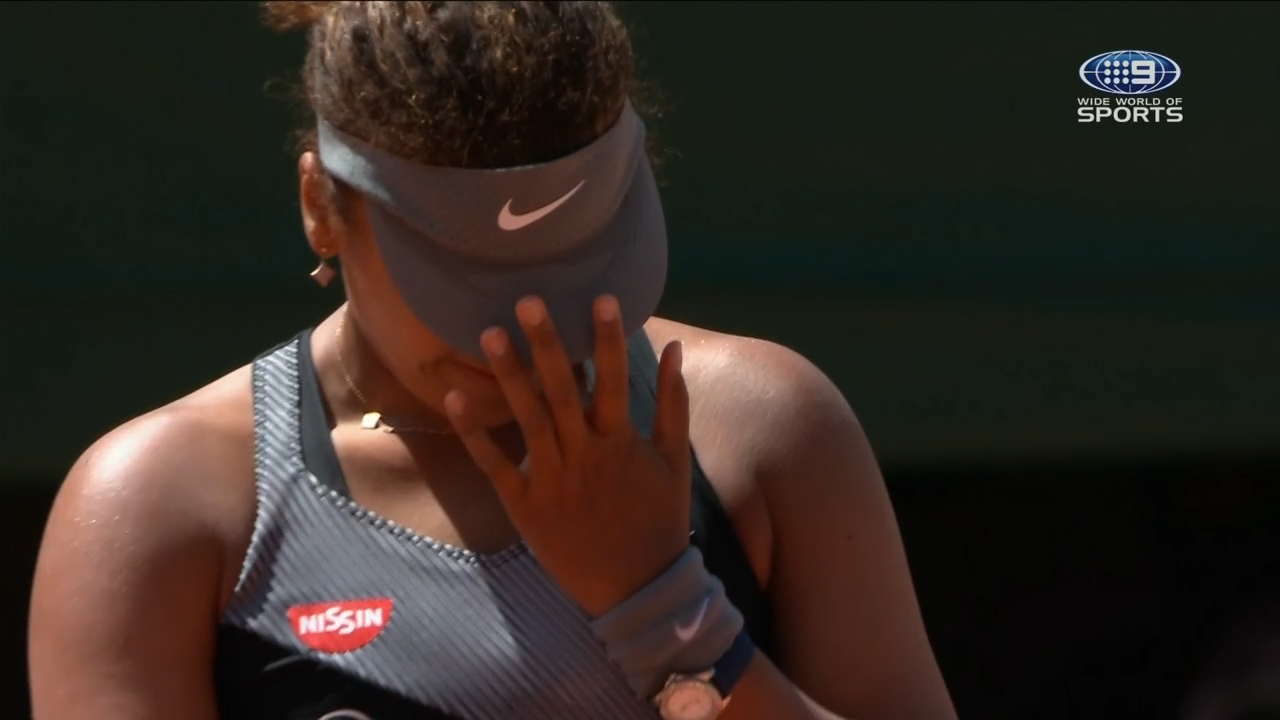
"It's disappointing that it's played out the way it has," Woodbridge explained.
"I can sympathise with how she has felt going into the tournament. I don't think there would be any player on tour who has not, at some point in their career, felt like Naomi is feeling.
"It's more difficult for her because of her status in the game as a grand slam champion and number two in the world."
The 22-time grand slam doubles champion says there were moments during his own career when he felt a similar sense of dread.
"I had those deep, dark moments, where I felt no confidence, I didn't believe in myself, I thought that I was useless and I had no chance of doing well," Woodbridge said.
"When you get to a grand slam and you're in that state of mind, you try to block out everything possible to give yourself an opportunity to do well.
"That's why it's better to say nothing, because you do not want your opponent to know anything about your state of mind.
"By delivering the statement early, that made it very hard for Noami."
Osaka was a multiple grand slam champion and world No.1 at the age of 21, suddenly finding herself on the global stage where she was clearly so uncomfortable.
Woodbridge, who made his Australian Open debut as a 16-year-old, lamented the fact that the nature of tennis often thrust players into the limelight before they were ready.
"I totally understand. I did not handle it perfectly when I played," he said.
"I felt enormous pressure, coming from Australia. There were continual questions. Are you the next Ken Rosewall? Are you the next Lew Hoad? Can this generation do what the golden years of Australian tennis did?
"You carry that weight and burden, and when you're in your teens or early twenties, you do not have the maturity to deal with it on a daily basis, but as you get to your thirties you understand how to let things go, and not react to them.
"One of the hardest parts of being an elite tennis players is that many of the greats become great at a very young age, and the expectations on them to make mature decisions is unreasonable."
Whether Osaka's stand prompts any meaningful change in the way players interact with the media remains to be seen.
The 23-year-old is often uncomfortable in front of the cameras, but it's an obligation that's unavoidable.
"With the media we've been able to grow into one of the highest profile sports in the world, but we actually all need each other," Woodbridge explained.
"The tournaments need the players, the players need the broadcasters, the broadcasters need the sponsors, and if you break that chain, none of it works well.
"If we want to be in the industry that we love, then we do need to do the things that are required, and the media is part of that requirement.
"Is the media enjoyable to face every day? No. But some days practice is not enjoyable either."
Woodbridge predicts that tennis will need to take a step back and look at the best way of satisfying both the media and the players, while also noting that Osaka will need to find a balance that fulfils her media obligations, while also preserving her own mental well-being.
"As a former athlete, we focus solely on the performance, and sometimes for the media that can be bland or boring. That doesn't create an interesting enough story," he said.
"There are two different priorities at work when a player goes into a press conference. It becomes an art to deliver something that pleases everyone.
"I think there's an opportunity to look at two of the greatest, and that's Rafael Nadal and Roger Federer, who through their careers have always seemed to deliver what the media needs, and also what they need, without creating any extra stress on themselves."
What's clear is the situation will have to be confronted when Osaka eventually returns to the tour.
"I think it will be managed well," Woodbridge said.
"By then, with a clear head, she'll have a statement to make, and then we must move on.
"I don't think lingering on the issue will do her any good, and I don't think it does the game any good."
For a daily dose of the best of the breaking news and exclusive content from Wide World of Sports, subscribe to our newsletter by clicking here!

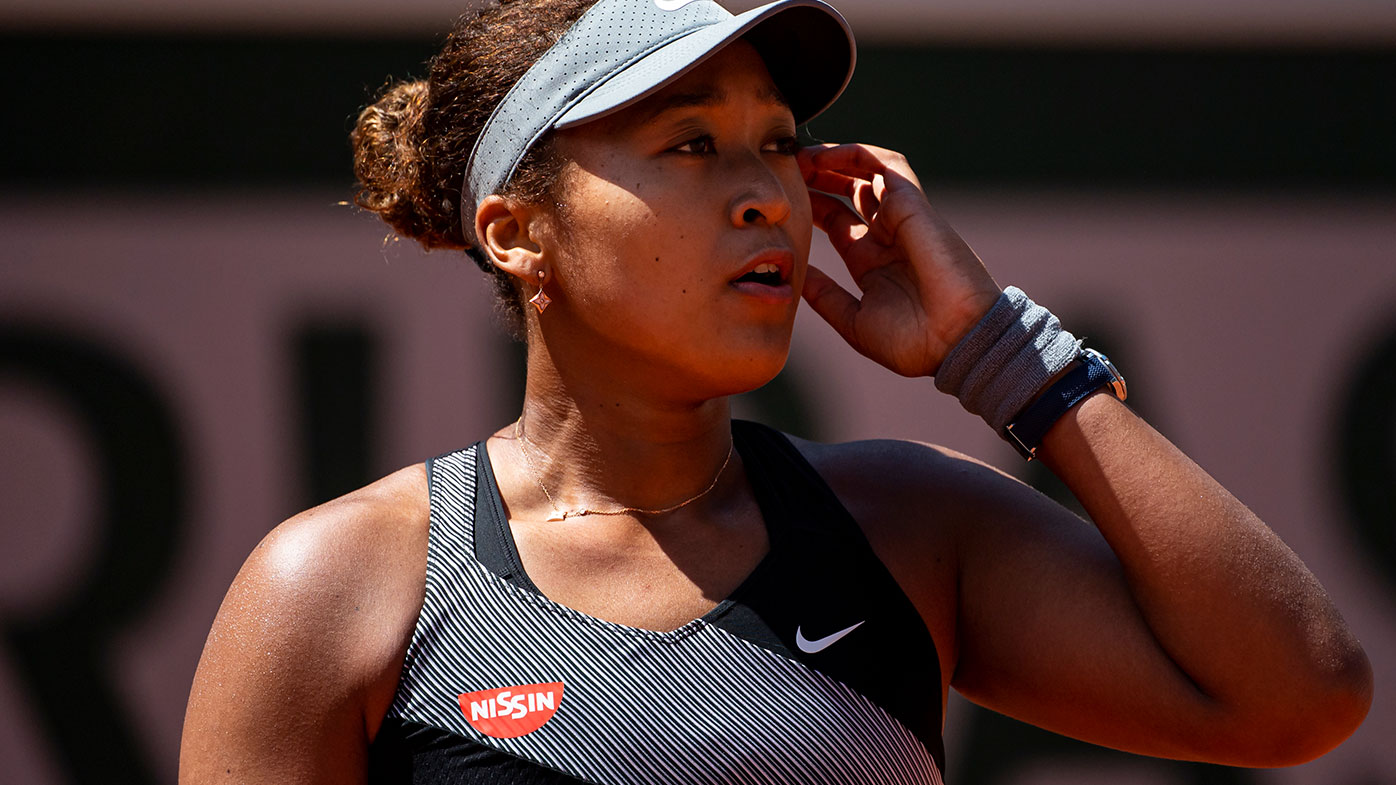
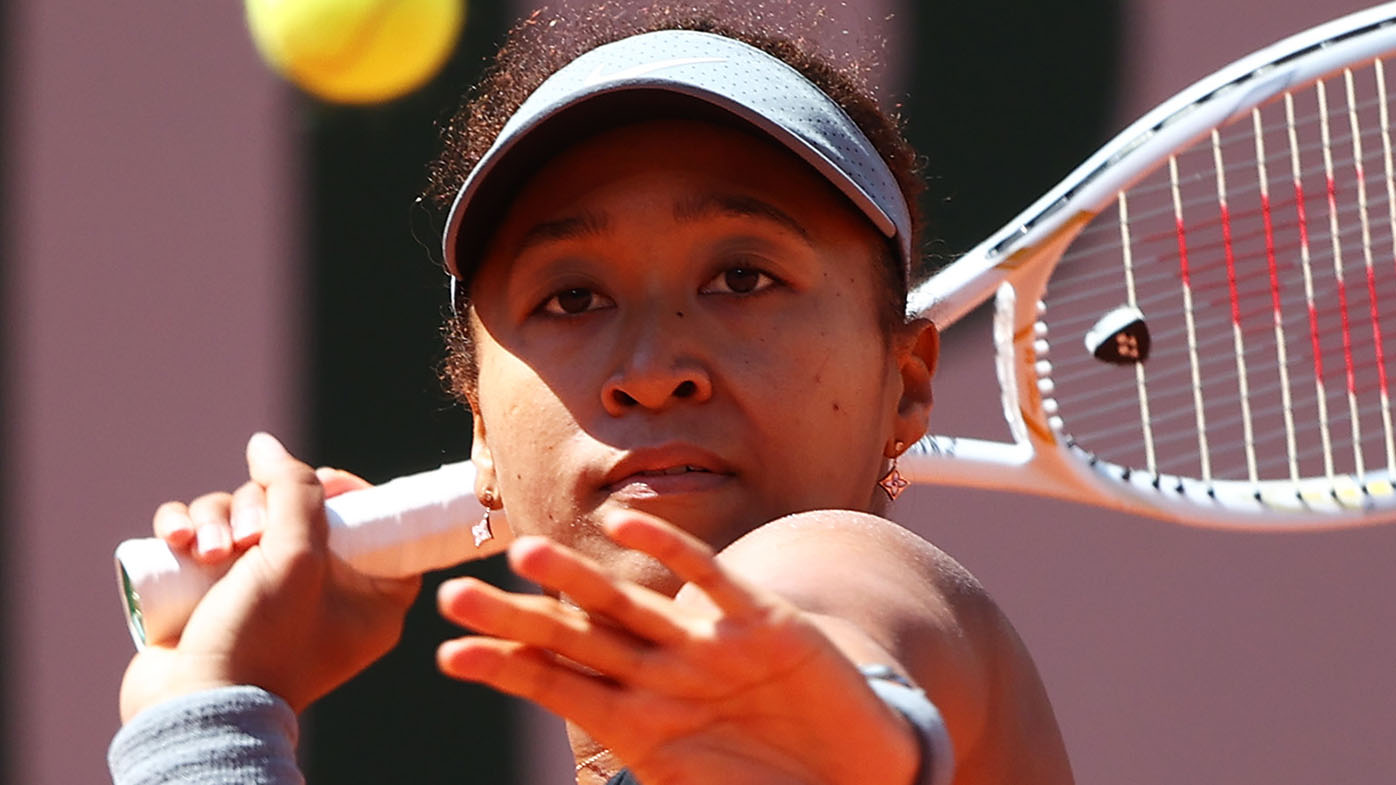
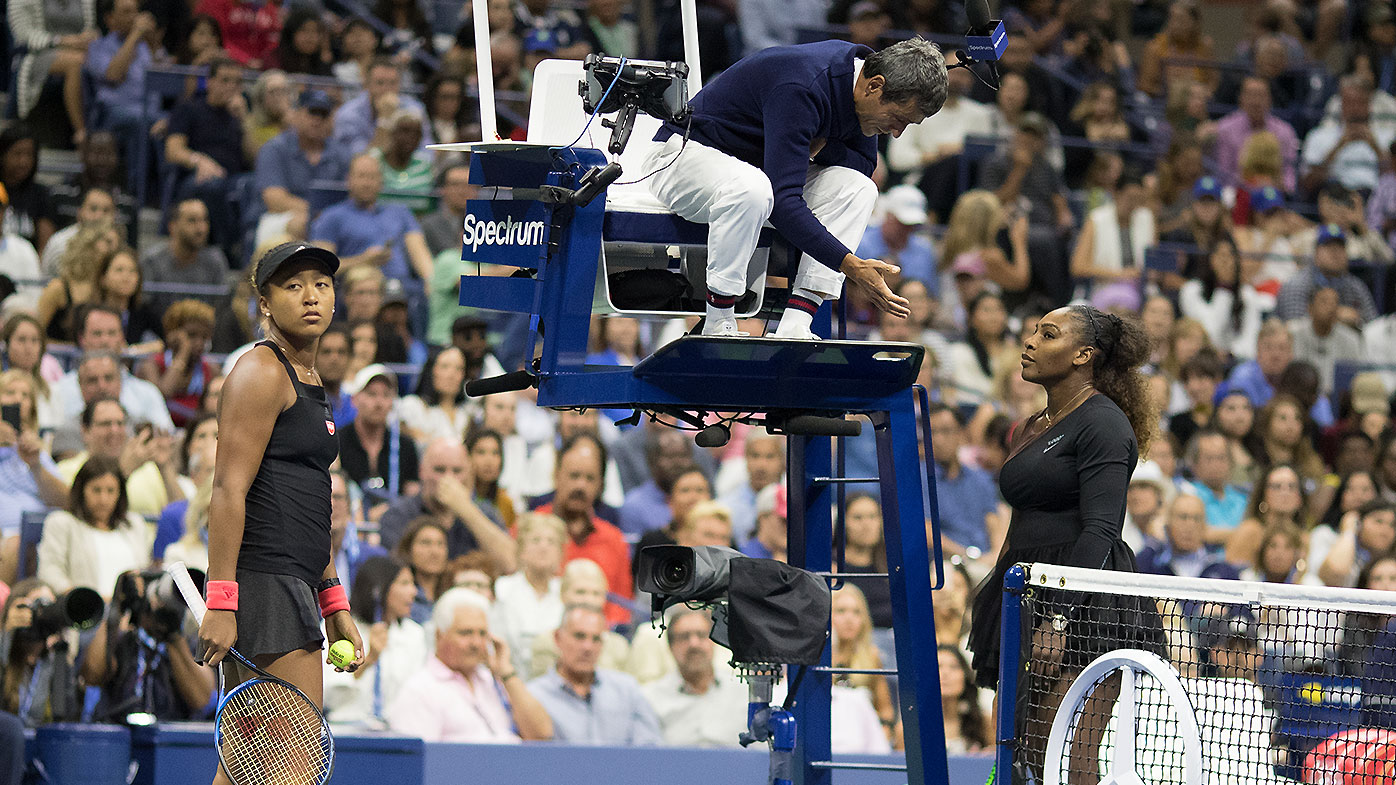
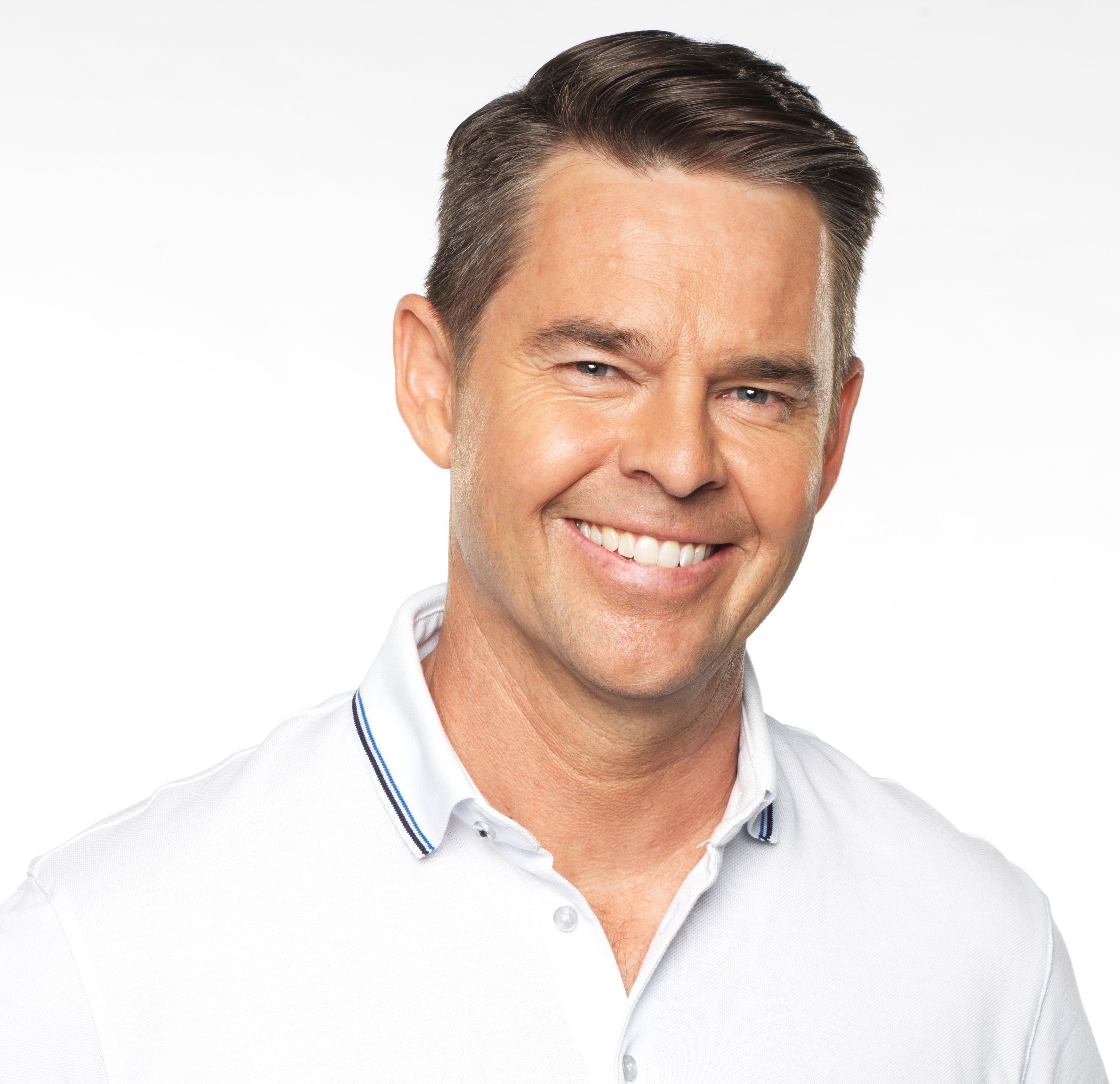
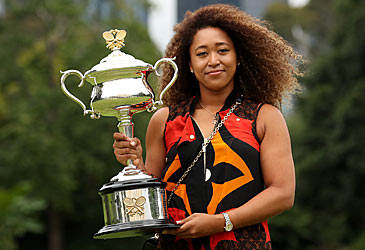
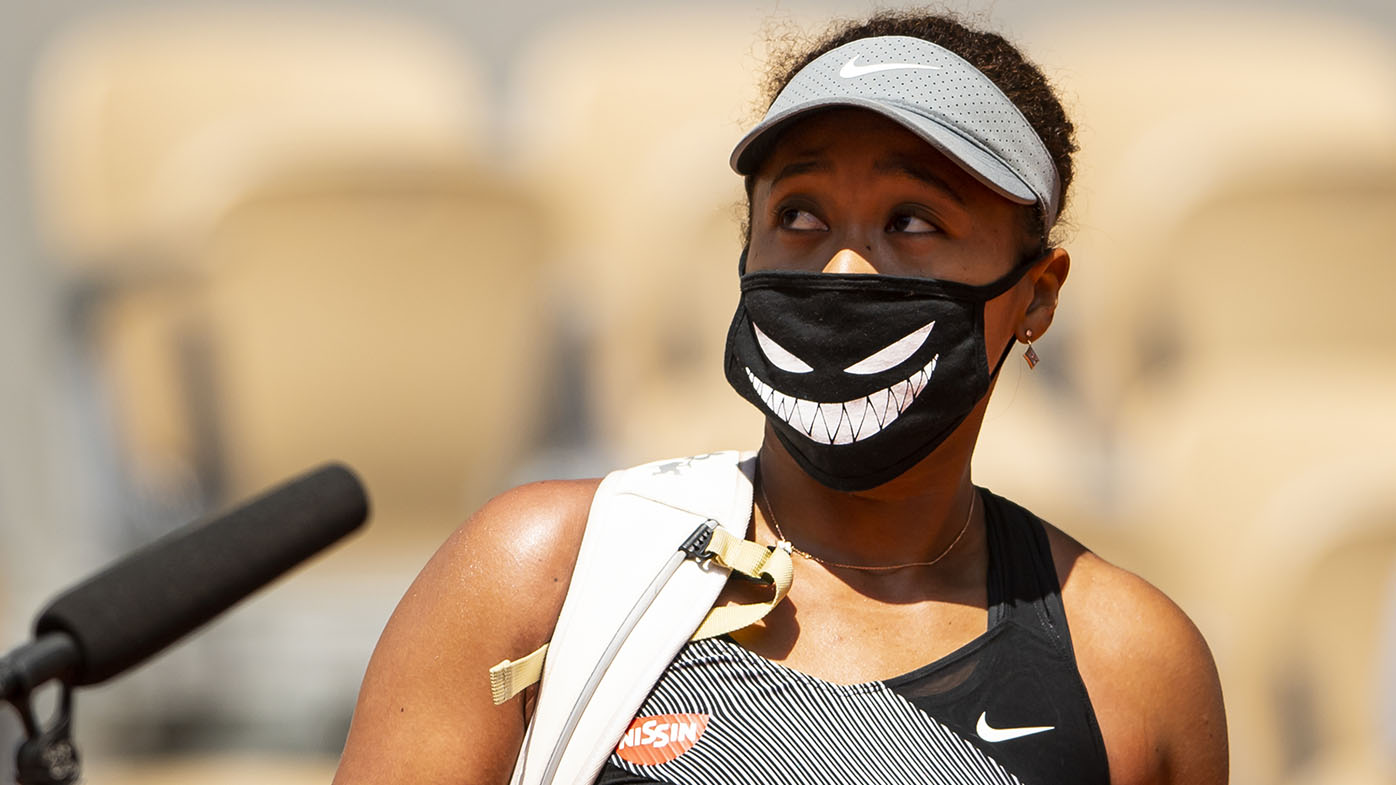
Leave a Reply
You must be logged in to post a comment.